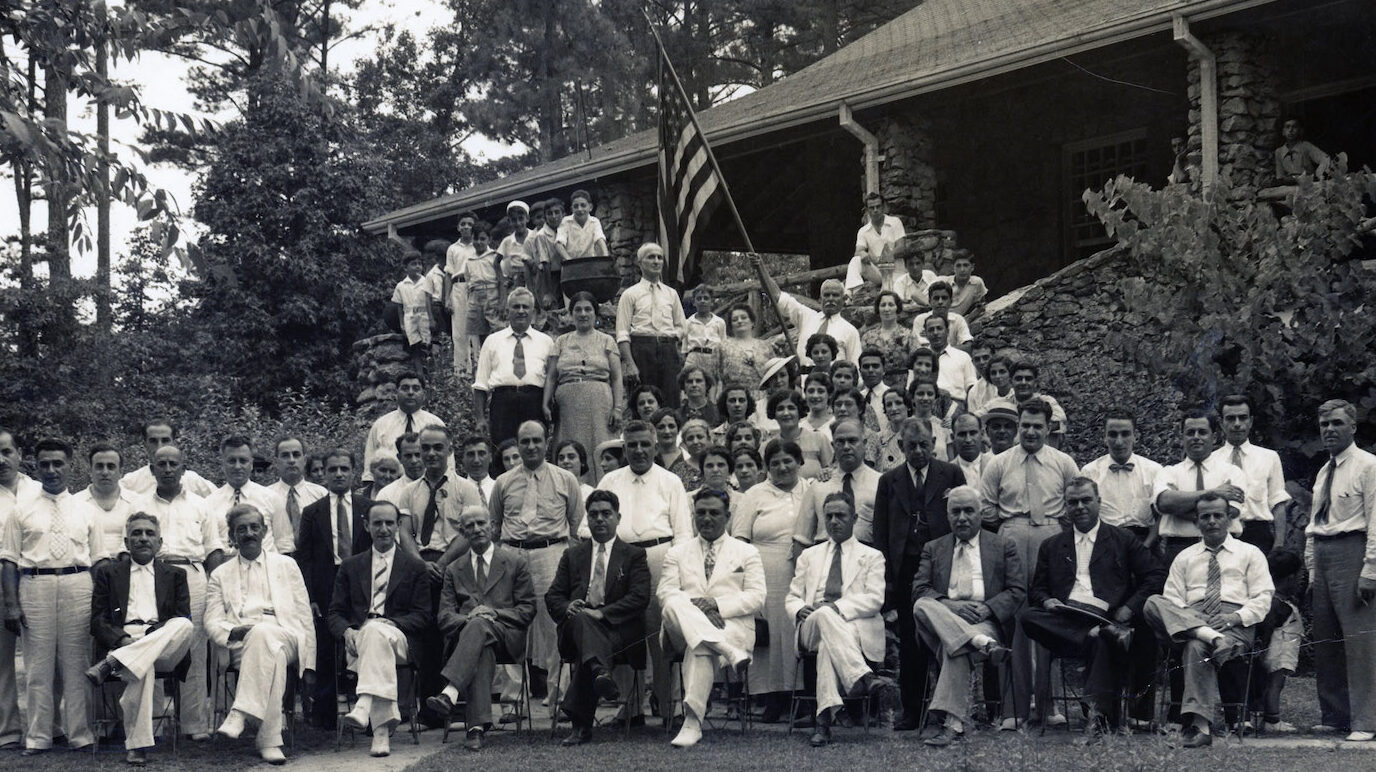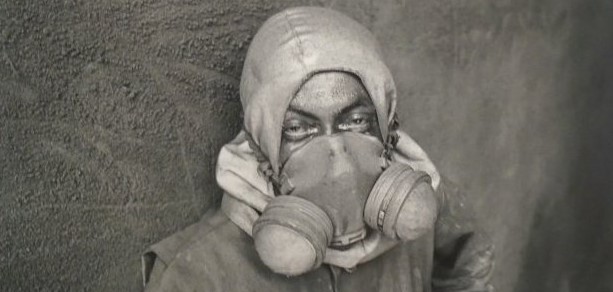Diasporic Cartographies: Poetry by Nathalie Handal, Part III
This post is written by Dr. Elizabeth Saylor, Post-Doctoral Fellow at the Khayrallah Center for Lebanese Diaspora Studies. Nathalie Handal composed the poem “Declaration of Independence” expressly for Mashriq & Mahjar: Journal of Middle East and North African Migration Studies. The poem was originally published as part of a longer piece on Nathalie Handal, co-authored by Dr. Lily Balloffet and Dr. Saylor. Read the previous installments of this series, Diasporic Cartographies: An Interview with Nathalie Handal and Part II.
To read the full interview, please see Vol. 4 No. 1 of Mashriq & Mahjar: Journal of Middle East and North African Migration Studies.

Handal’s “Declaration of Independence” is a meditation on the constructedness of national boundaries. In a world of movement and displacement, the internal and external ruptures caused by artificially constructed borderlines are a problematic and painful reality for those who find themselves forced to choose between multiple national allegiances.
At first glance, the poem’s formal, declamatory title – “Declaration of Independence” – seems strangely at odds with the sparse, disorienting dialogue that follows. The title immediately brings to mind other declarations, such as the American Declaration of Independence, adopted on July 4, 1776. The venerated document proclaims American independence with the following words: “When in the Course of human events it becomes necessary for one people to dissolve the political bands which have connected them with another…” Such a prelude suggests that one group’s freedom is contingent upon the disintegration of political unity with another. As counter intuitive as such a notion may seem, borders have been erected in the name of freedom. We need not look much further than the American border with Mexico or the Separation Barrier in the West Bank for evidence of this paradoxical reality.
Being a Palestinian poet, the title also invokes in the mind of the reader the Palestinian Declaration of Independence, proclaimed in November 1988 by Yasser Arafat in Algiers. Composed by the Palestinian national poet Mahmoud Darwish and translated into English with the help of Edward Said, two Palestinian luminaries, this now defunct document also speaks to the centrality of poetry and humanism in the articulation of the national project.
When juxtaposed, these two compositions – equivalent in their title and purpose, and yet altogether divergent in their historical impact – raise additional questions about freedom, justice, and basic human rights. In this light, the series of disorienting questions, the open-ended dialogue – which initially seemed so incongruous next to the authoritative title of Handal’s poem – is perhaps a more appropriate expression of the genre it anticipates. What Handal so astutely points out in this poem is that “Declarations” are assemblages of words on paper, momentary and ephemeral, like lines traced indiscriminately through vast expanses of geographic terrain, only to be disputed and reconfigured once again.
In Handal’s “Declaration,” the poet declares her own independence, urges us to dream of a reality without borders, and envisions a world where no matter what course human events take, love remains everlasting, flows unbridled and true.
Declaration of Independence
Do you know anyone
who loves more than one country?
Of course—
This isn’t an opera.
You are right—
it’s more folk or a litany.
Are you going to answer my question?
I did.
Let me ask again—
love isn’t a lie, but a country is?
About the Poet
The poet, playwright, travel writer, and intellectual Nathalie Handal was born to a Palestinian family from Bethlehem, raised between France, Latin America, and the Middle East, and educated in Asia, the United States and the United Kingdom. Handal’s creative work reflects her nomadic upbringing and draws inspiration from multiple languages and cultures, making her one of the most important voices of the Arab Diaspora. A weaver of words and cultures, and a wanderer among languages, landscapes, and art forms, Handal is an artist whose work so thoroughly embodies the migratory and diasporic experience. However, as she states in the following interview, “although the atlas of my being is the globe, my gaze is always East.” Handal currently lives in New York City, where she teaches creative writing at Columbia University.
- Categories:


